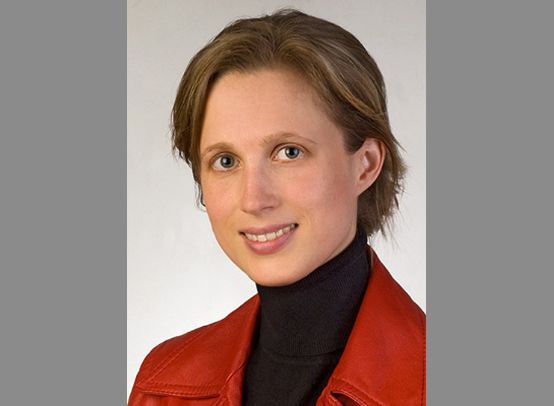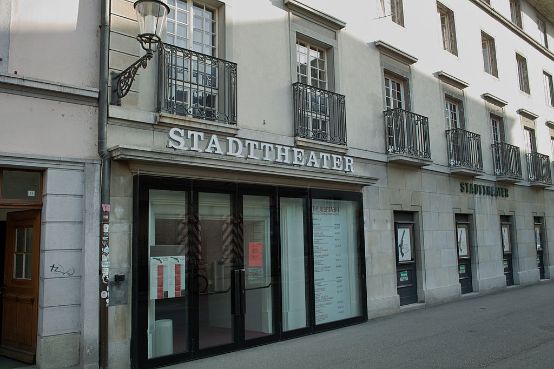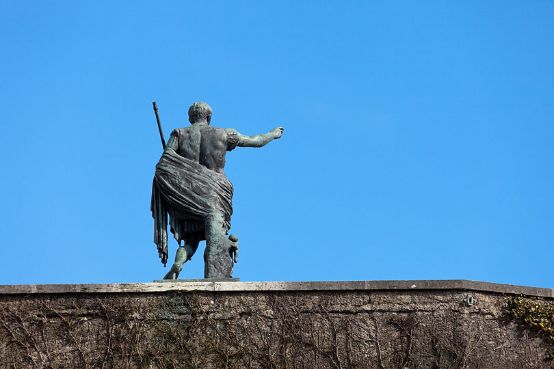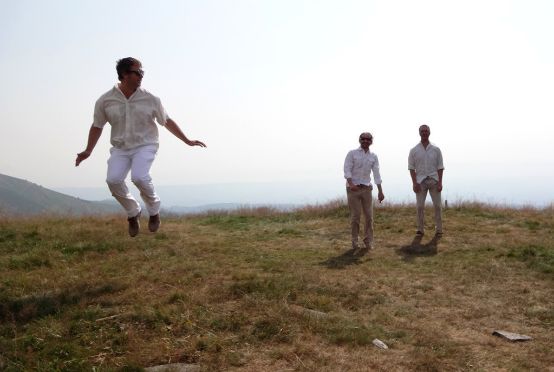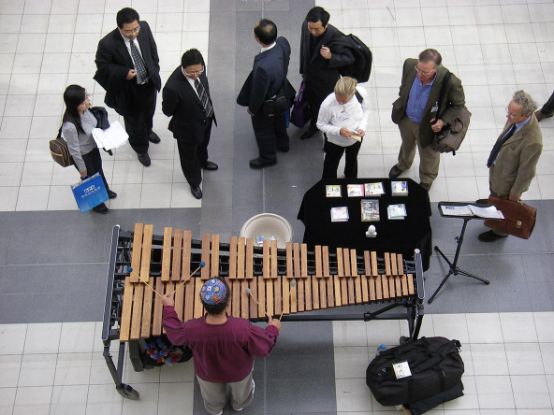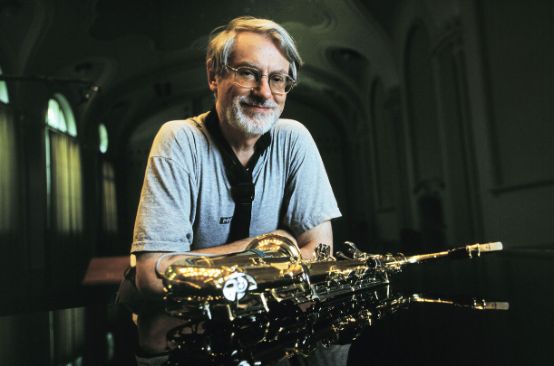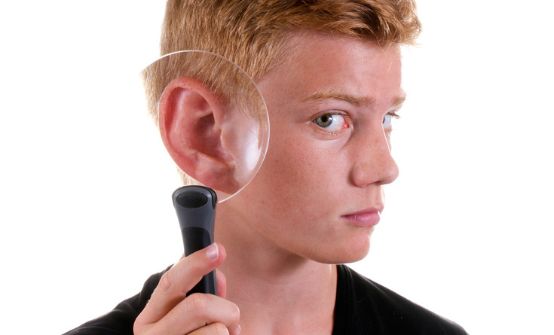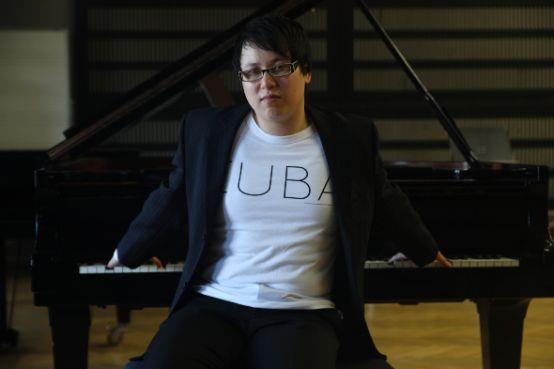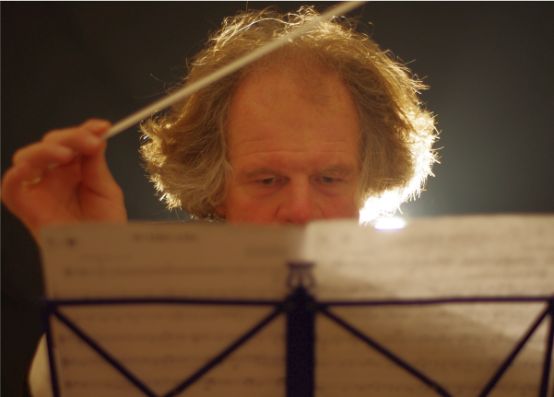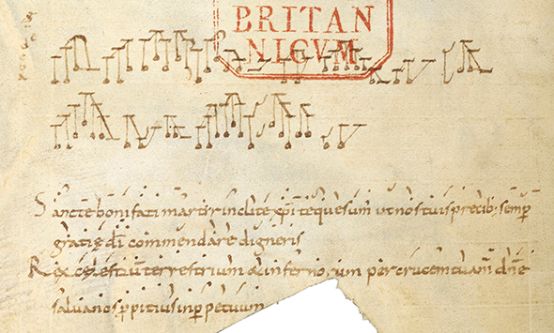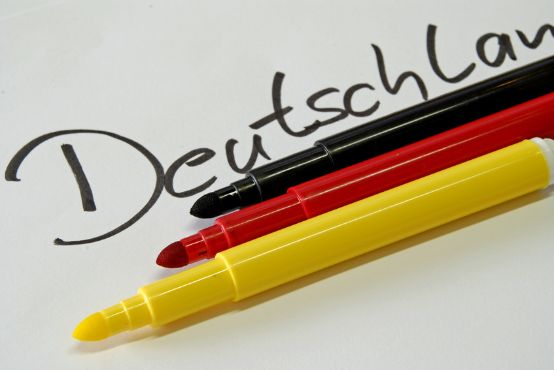Stays in Rome for artists
The Office for Culture of the Canton of St.Gallen is once again offering grants and residencies in Rome this year. A sum of CHF 200,000 is available for the promotion of art, literature, music, theater and dance.
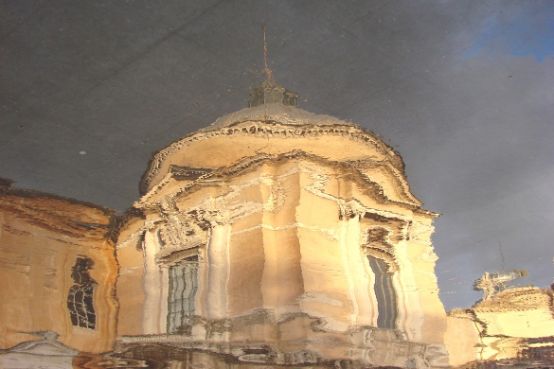
The support is intended to give artists the time they need to work out their ideas, projects or works or to further develop their artistic activity. It is also possible to submit an individually tailored further education idea that includes a special residency or stage that specifically promotes further development.
An additional funding opportunity is a stay in the studio apartment in Rome, which is financed in collaboration with the association Freunde Kulturwohnung Rom. An apartment in the lively San Lorenzo district is available there for three months at a time.
The selection procedure for the work grants and for the Rome Apartment is carried out in two stages. In each category, a three-member jury of experts assesses the project submissions and nominates the applicants for the second stage. In this second stage, all members of the expert jury meet for a plenary session to select a maximum of ten projects from the nominees.
The Office for Culture is accepting applications until March 20, 2015; the final decisions on the awarding of work grants and stays in Rome will be made by the end of June 2015. Detailed information and the application form are available on the website www.kultur.sg.ch (under the heading Cultural Promotion/Contributions).






